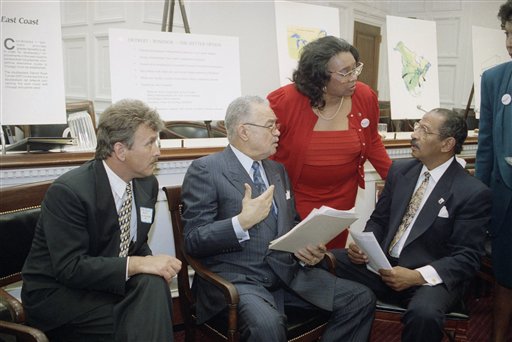The substantial truth doctrine is an important defense in defamation law that allows individuals to avoid liability if the gist of their statement was true.
Defamation is a false statement of fact that harms another’s reputation. It is rooted in the idea that people have a right to their good name and reputation. To constitute defamation, the statement or statements must be false. In other words, falsity generally is a required element of a defamation claim.
Courts examine statements as a whole in determining truth
Sometimes, individuals make mistakes or do not utter 100% truths. The law does not equate every factual inaccuracy as a false statement. To require literal truth of every statement would lead to too much self-censorship and a flood of defamation lawsuits. This led to the adoption of the so-called substantial truth doctrine, which has roots in both common law equity and the First Amendment freedom of the press.
Oftentimes, the law examines the statements as a whole, the heart of the matter, and considers whether the “gist” of the statements are substantially true. This concept is known as the substantial truth doctrine.
Courts have used substantial truth doctrine to dismiss defamation claims
The application of the doctrine is considered a question of law and, thus, can be used successfully to ward off defamation suits.
Courts have used the substantial truth doctrine in myriad ways to dismiss defamation claims.
For example, a Detroit newspaper said that an African-American political candidate said “I hate the race” when referring to Caucasians. In actuality, the politician had said, “I don’t like the race.” The Michigan Court of Appeals held in Collins v. Detroit Free Press (Mich. Ct. App. 2001) that those two statements were close enough to merit application of the substantial truth doctrine.
Supreme Court: Libel law ‘overlooks minor inaccuracies’
The U.S. Supreme Court addressed the substantial truth doctrine in passing in Masson v. New Yorker Magazine (1991), a case focused on whether a reporter’s alleged alteration of a subject’s quotes amounted to actual malice in defamation law. The Court explained that the common law of libel “overlooks minor inaccuracies and focuses upon substantial truth.”
The Court further explained that substantial truth essentially means that a statement is not false if the substance, the gist or sting of the statement is true.
Substantial truth doctrine promotes First Amendment, reduces risk of self-censorship
The primary inquiry in considering the defense of substantial truth is whether the allegedly libelous statement as published would have a different effect on the mind of the reader from that of a truthful statement.
The Reporters Committee for Freedom of the Press explains: “A statement is substantially true if, even if not literally true, it does not create an impression in the mind of the listener more damaging than a literally true statement would.”
Scholar Meiring de Villiers lauds the substantial truth doctrine, writing that it “promotes of the First Amendment by reducing the risk of self-censorship, yet preserves defamation law’s reputational protection and compensatory function” (123).
This article was originally published in 2019. David L. Hudson, Jr. is a law professor at Belmont who publishes widely on First Amendment topics. He is the author of a 12-lecture audio course on the First Amendment entitled Freedom of Speech: Understanding the First Amendment (Now You Know Media, 2018). He also is the author of many First Amendment books, including The First Amendment: Freedom of Speech (Thomson Reuters, 2012) and Freedom of Speech: Documents Decoded (ABC-CLIO, 2017).

